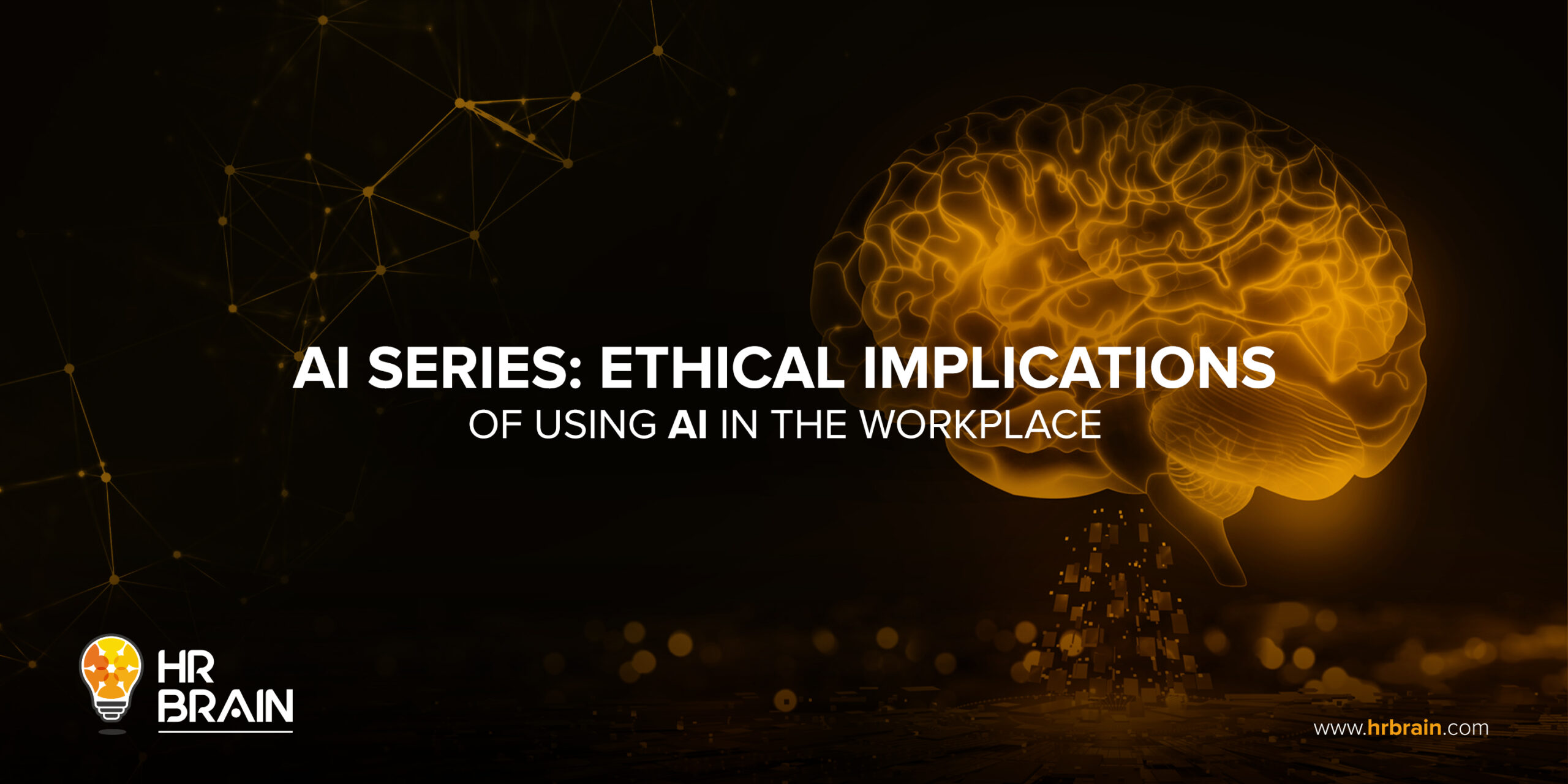Ethical Implications of Using AI in the Workplace:
AI tools like GPT-4, image-generating AI tools, voice-generating AI tools, and other undisclosed advancements pose a new era of content generation. However, this progress also raises ethical considerations. When incorporating AI into your personal or professional life, there are still several factors you should consider. Here are just a few.
The new generation of AI tools is versatile, capable of performing a variety of tasks from creative writing to potentially deceptive activities. The level of caution and human supervision required when using AI depends on the risks. Using AI for low-risk tasks like, auto-generating email or meeting summaries, is generally safe.
However, for high-risk applications like generating financial or medical advice for publication, careful consideration is vital. AI can produce false or misleading information that deceives readers or users. Even for personal use, such as generating images for entertainment or professional purposes, you should be mindful of potential consequences.
Each use of AI presents distinct ethical challenges, and unsupervised usage of AI tools may not always be advisable. Disclosing the use of AI helps mitigate potential harm, prevents cheating or deception, allows users to evaluate outputs critically, and discourages dishonesty.
Additionally, copyright concerns arise due to the vast amount of data required to train generative AIs. AI developers have faced lawsuits for copyright infringement, as copyrighted materials are inevitably included in training datasets. The ownership and rights surrounding generative AI outputs remain undefined, creating legal uncertainty.
Generative AIs can enable biases present in their training datasets, potentially generating harmful or biased content. Developers are working to address these issues, but eliminating bias completely is difficult due to the large datasets.
While it is not necessary to avoid AI tools altogether due to biased training data, it is essential to be aware of the potential for biased outputs. Users must take responsibility for ensuring that AI-generated content does not reinforce stereotypes or promote harmful biases.
AI can operate independently without constant human intervention. Tasks like metadata writing or image creation can be automated using AI tools; however, caution is needed when allowing AI to work unsupervised, especially for important content or business-related tasks. It is advisable to have AI create drafts that can be reviewed or fact-checked by you or someone on your team. This way, any inaccuracies or false information generated by AI can be corrected by a human in the process.
In conclusion, as advanced AI technologies become dominant, it is important to consider the ethical implications associated with their use. While organizations and governments have begun establishing guiding principles, it is also important for individuals to be proactive in considering the ethical issues surrounding AI in personal and professional contexts.
By staying informed, making responsible decisions, and advocating for transparency and accountability, we can navigate this new landscape and ensure that AI is developed and utilized in a manner that aligns with our values and promotes a more ethical future.







